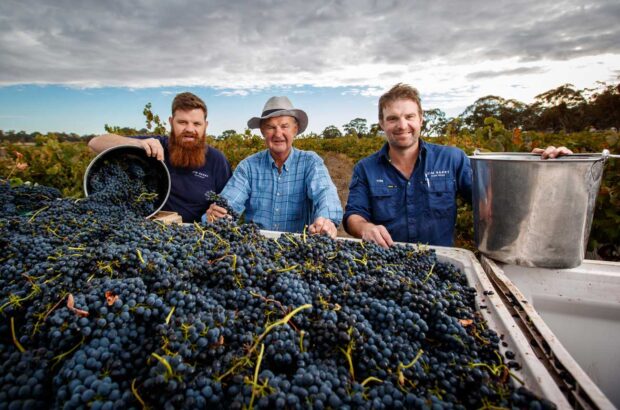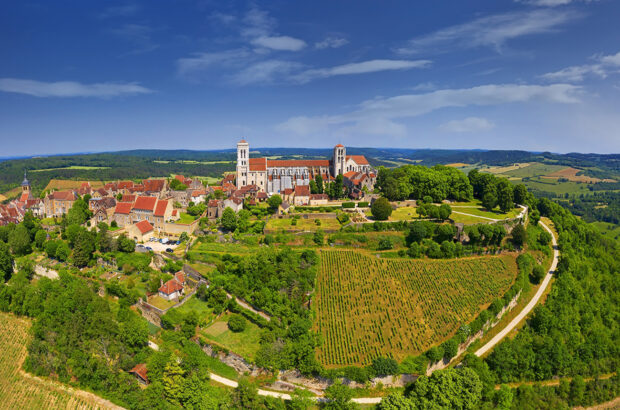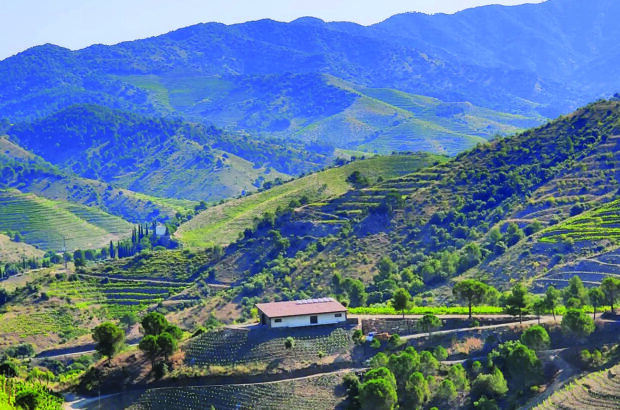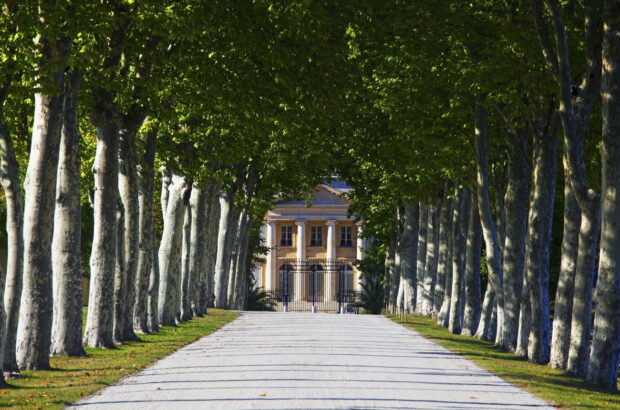Dominic Farnsworth MW is a solicitor and trade mark attorney. A partner at the London office of US law firm Locke Lord, he specialises in intellectual property. He advises clients across sectors including tech, marketing, media, entertainment, luxury goods and retail. After passing the WSET Diploma he went on to qualify as a Master of Wine in 2019 and works with many clients in the drinks sector.
How did you get here?
I didn’t know any lawyers when I was growing up, so it was curiosity that set me on the path at university. Luckily, I trained at a firm that was known for intellectual property (IP), and worked in music, advertising and media from the outset. I don’t think I would have lasted in any other area of law.
How did you come to specialise in wine?
I only got seriously into wine once I’d started as a lawyer. Passing the WSET Diploma (a great qualification and most sane folk need go no further) and then the Master of Wine enabled me to combine a passion for the drinks sector with IP, and continues to open interesting doors. It’s easier to work with clients such as the Institute of Masters of Wine and the Court of Master Sommeliers when they know you understand them.
What’s the best thing about your job?
The variety. I can be working on sports or art event sponsorships, spirits companies for new bottle designs, buying/selling brands and drinks businesses, protecting brands for Champagne houses, managing global trade mark registration programmes, celebrity endorsements, disputes with lookalike brands or geographical indication-related issues.
And the worst?
It can be extremely intense. Complex issues with short deadlines are an occupational hazard.
What’s the most common misconception about your job?
That it’s all hard work. There are plenty of client lunches keeping London’s restaurant scene afloat.
Is there a special moment or achievement you recall fondly?
Getting the call from the Institute of Masters of Wine to tell me I had made it as an MW was a special moment. It was a far tougher challenge than anything I’ve faced in my legal career.
What motivated you to do the MW?
More like ‘who’! Jennifer Docherty MW, who was on my Diploma course, persuaded me to give it a shot. The late, great Gerard Basset OBE MW MS was also an early inspiration. Once on the programme it was the people that kept me there. I have seen the inside of many industries but the camaraderie and generosity of the wine community stands out. A great product, produced in great places by great people. I feel lucky to have snuck in among them. And they know how to have a good time!
What do you enjoy drinking at home?
Sometimes I find a technically lesser wine can provide the most enjoyment; I often prefer a producer’s Chablis premier cru to its grand cru, and I’m increasingly impressed with Rosso di Montalcino which can deliver a clarity of sun-etched fruit that is largely absent from Brunello’s balsam. From the Loire, Chinon and Bourgueil take me back to family holidays, so there are always a few bottles of Baudry, Joguet and Jacky Blot knocking around – cellar-cool on a hot day takes some beating. For someone with a supposed strong objective tasting ability, my choice and enjoyment of wine can be hugely influenced by emotional factors. If I’ve visited a vineyard, met the producer, or shared a memorable bottle with friends, then I’m smiling before I’ve pulled the cork.












